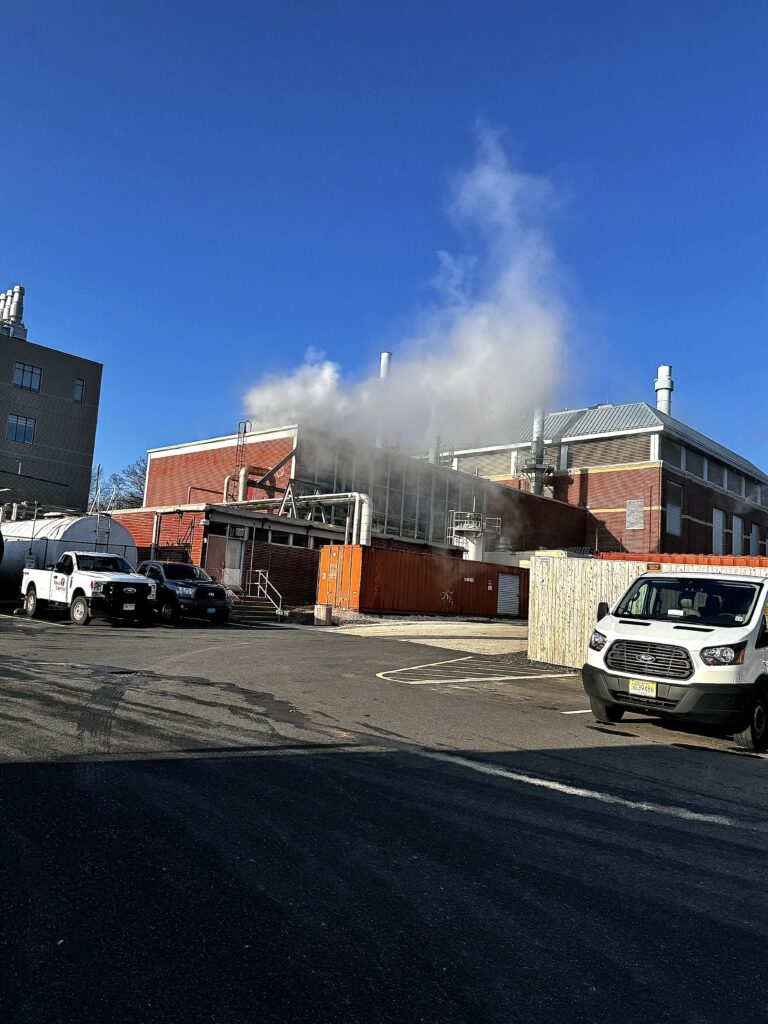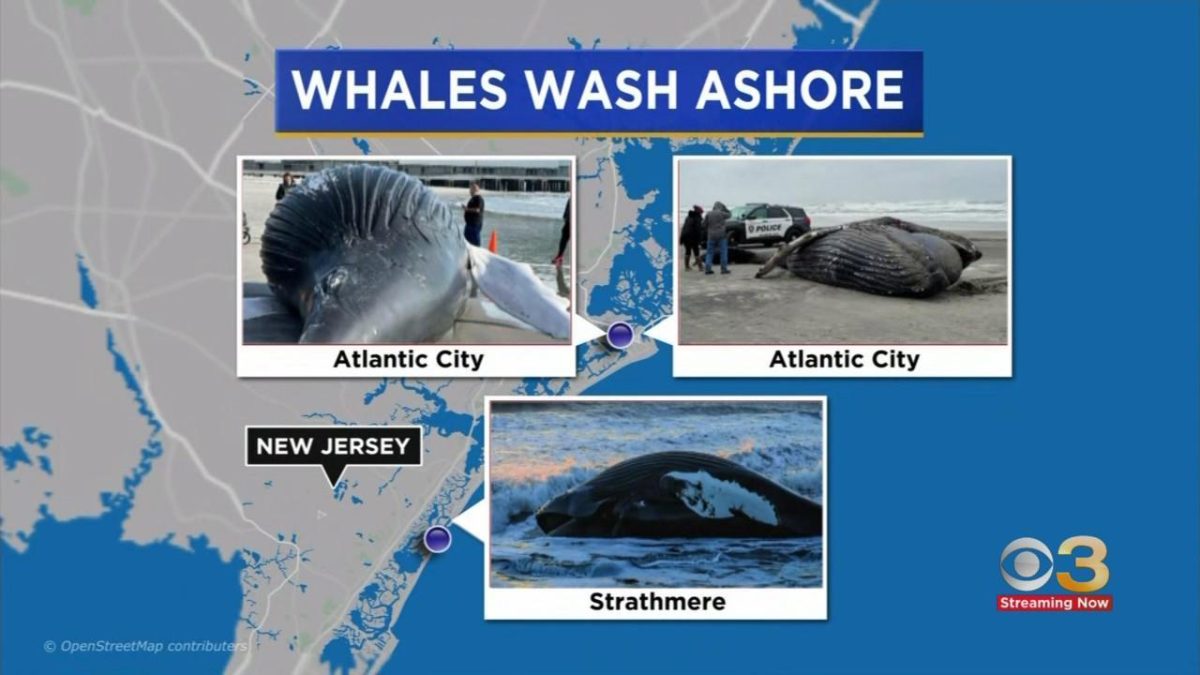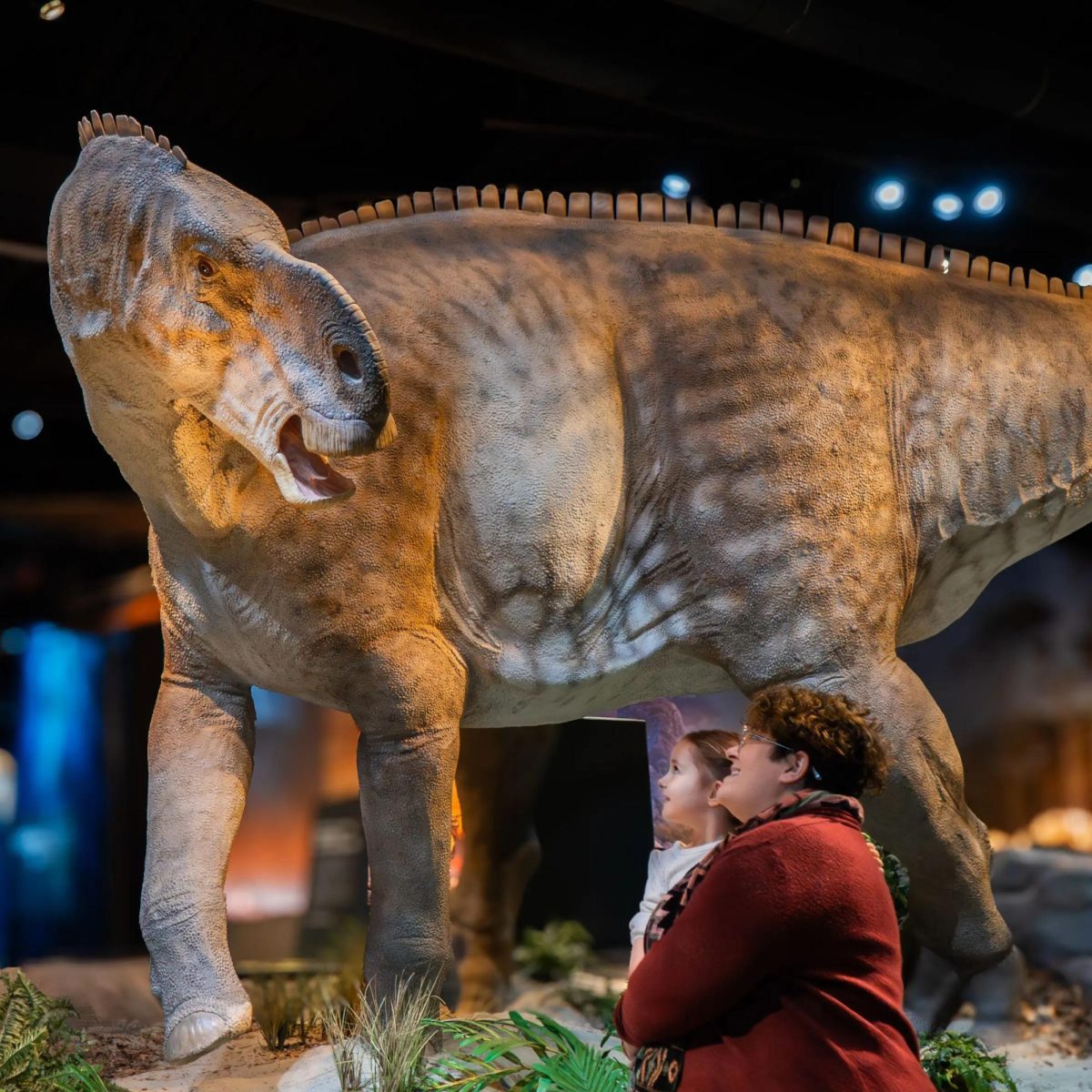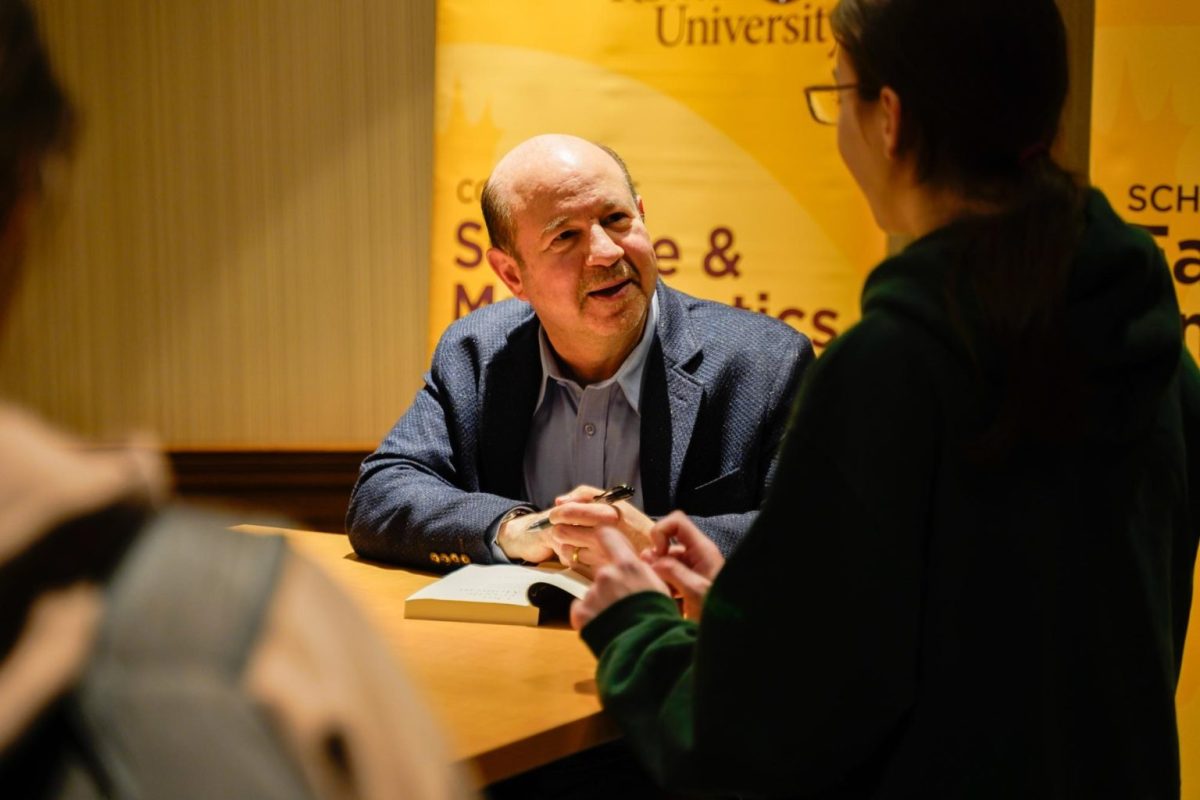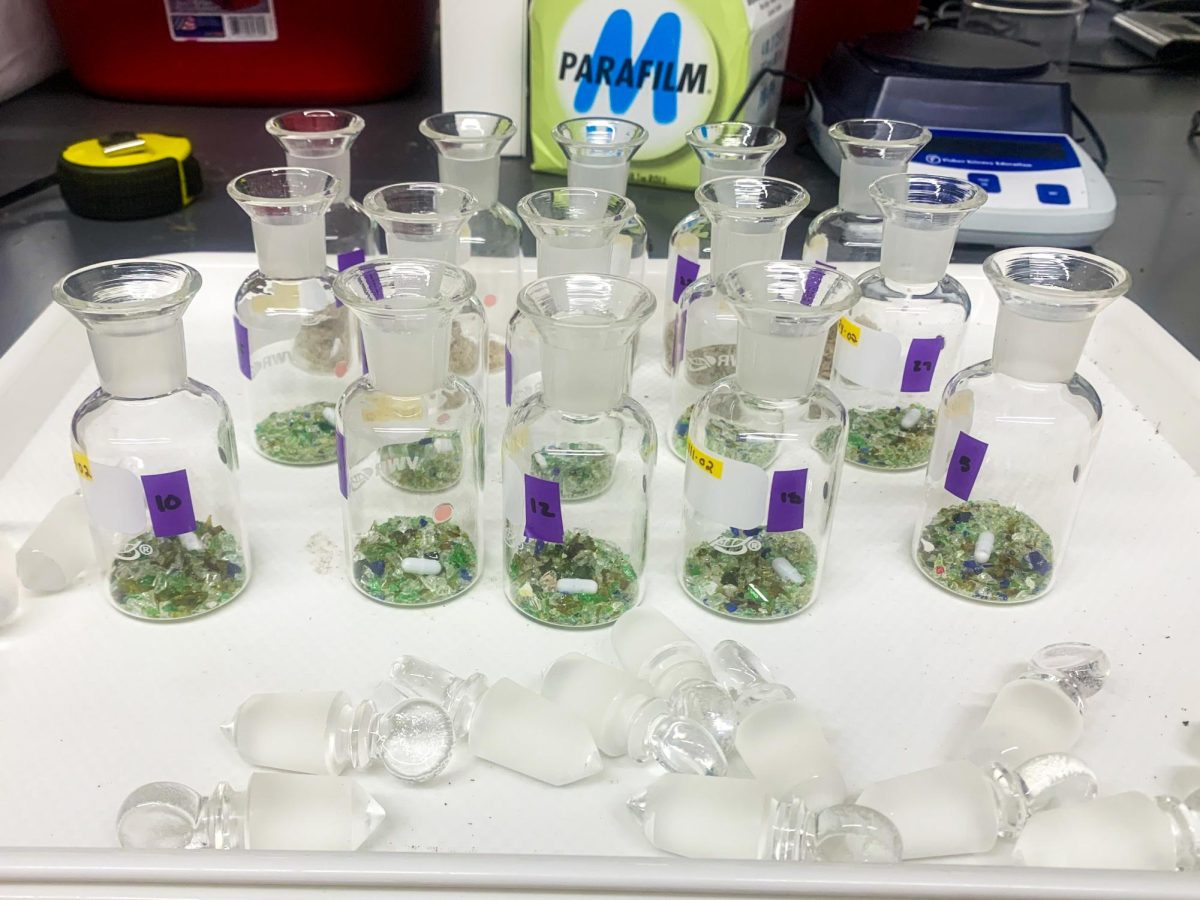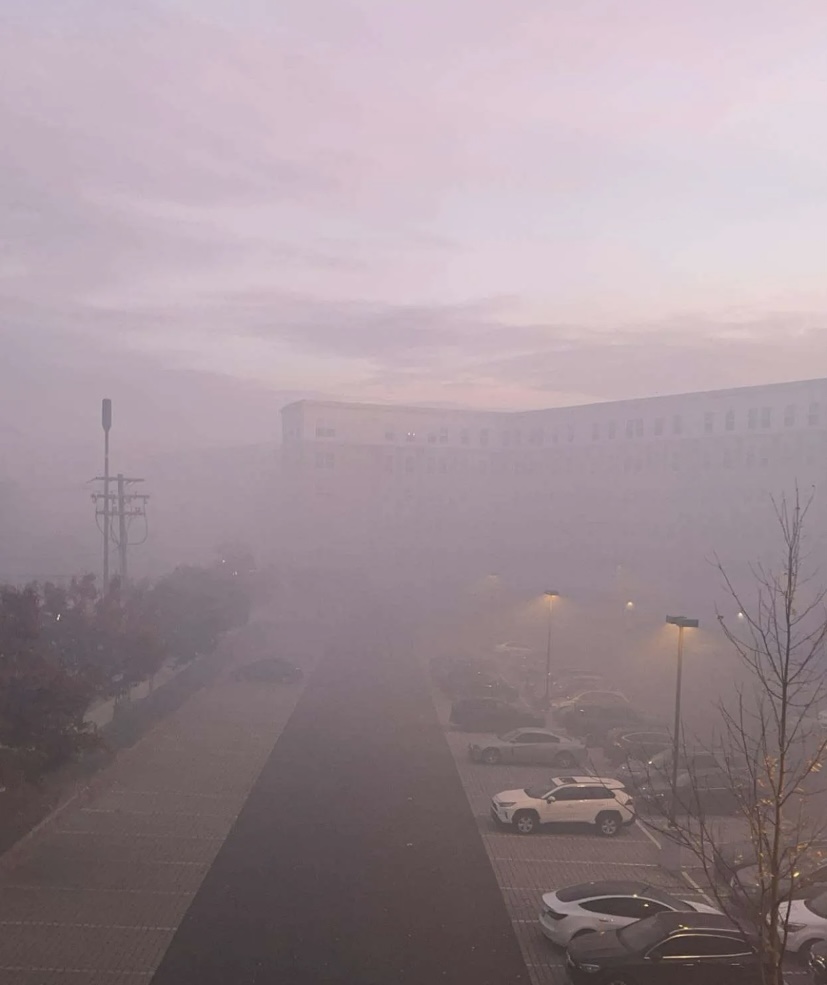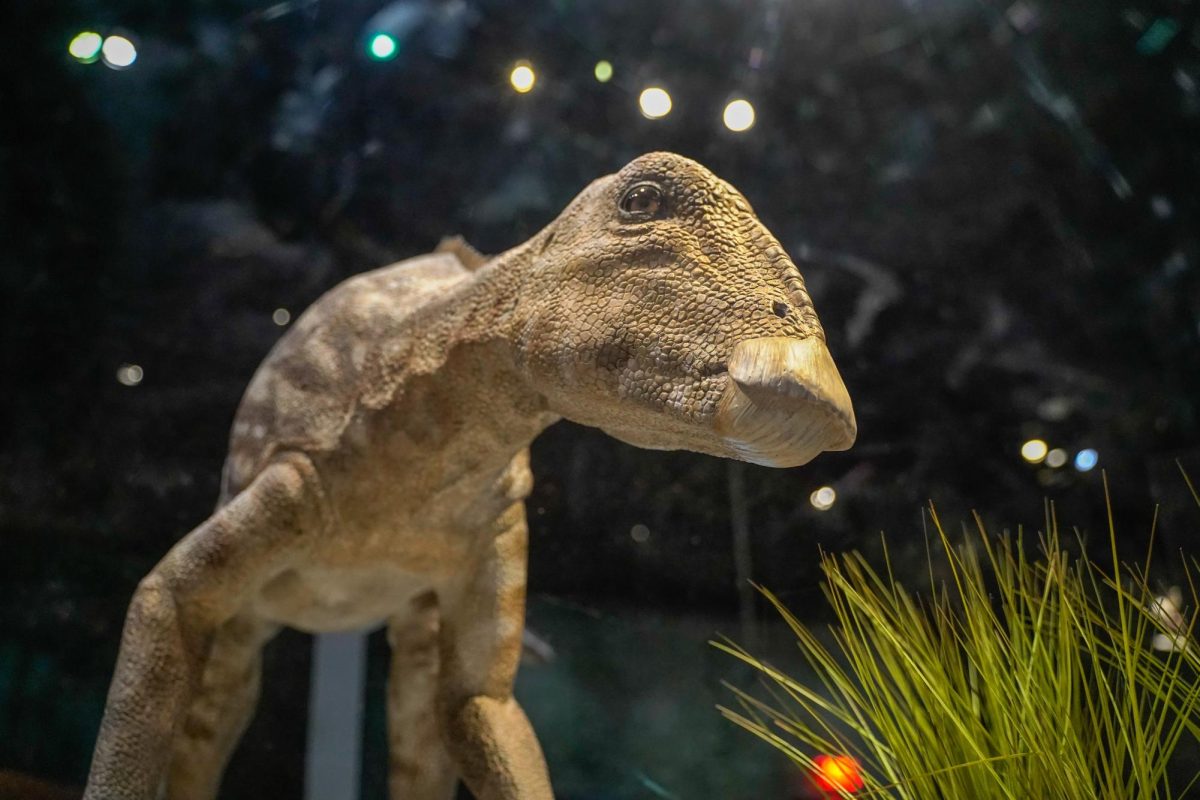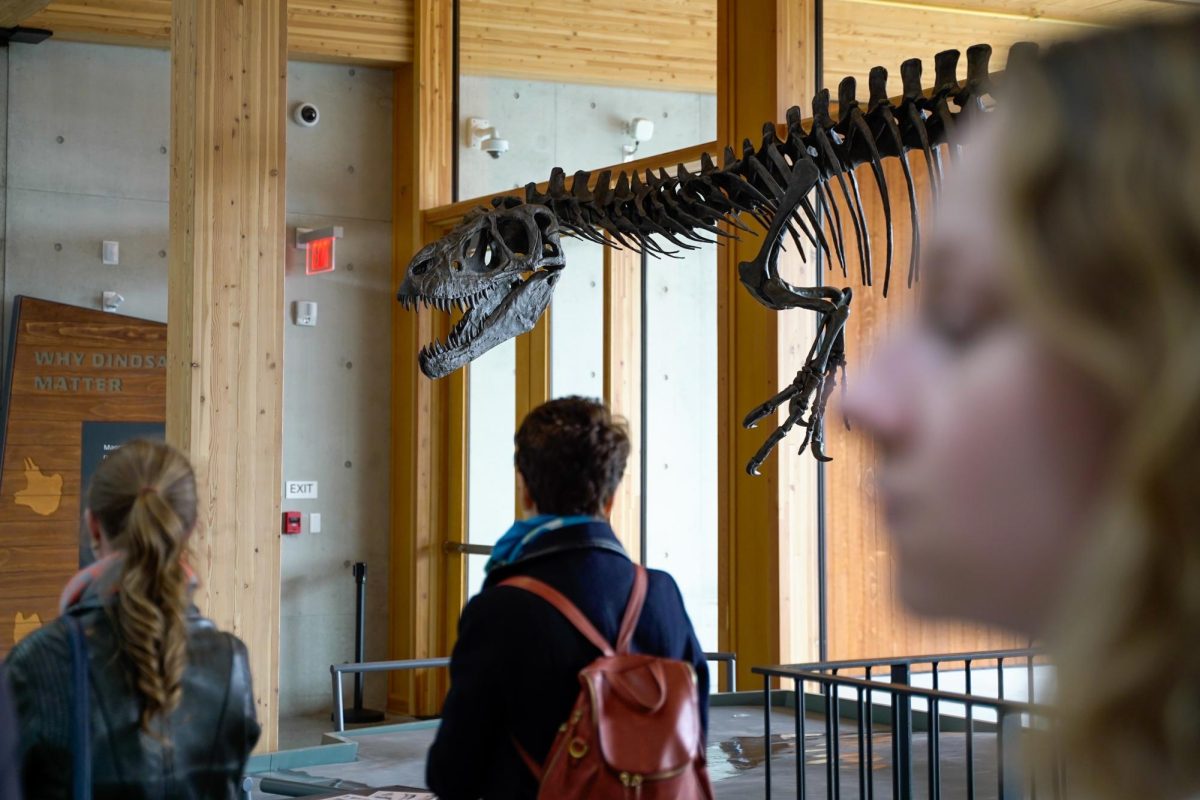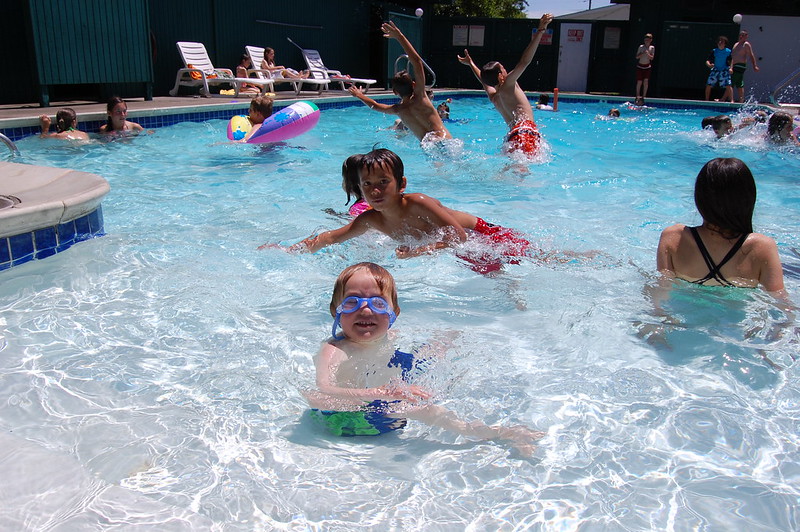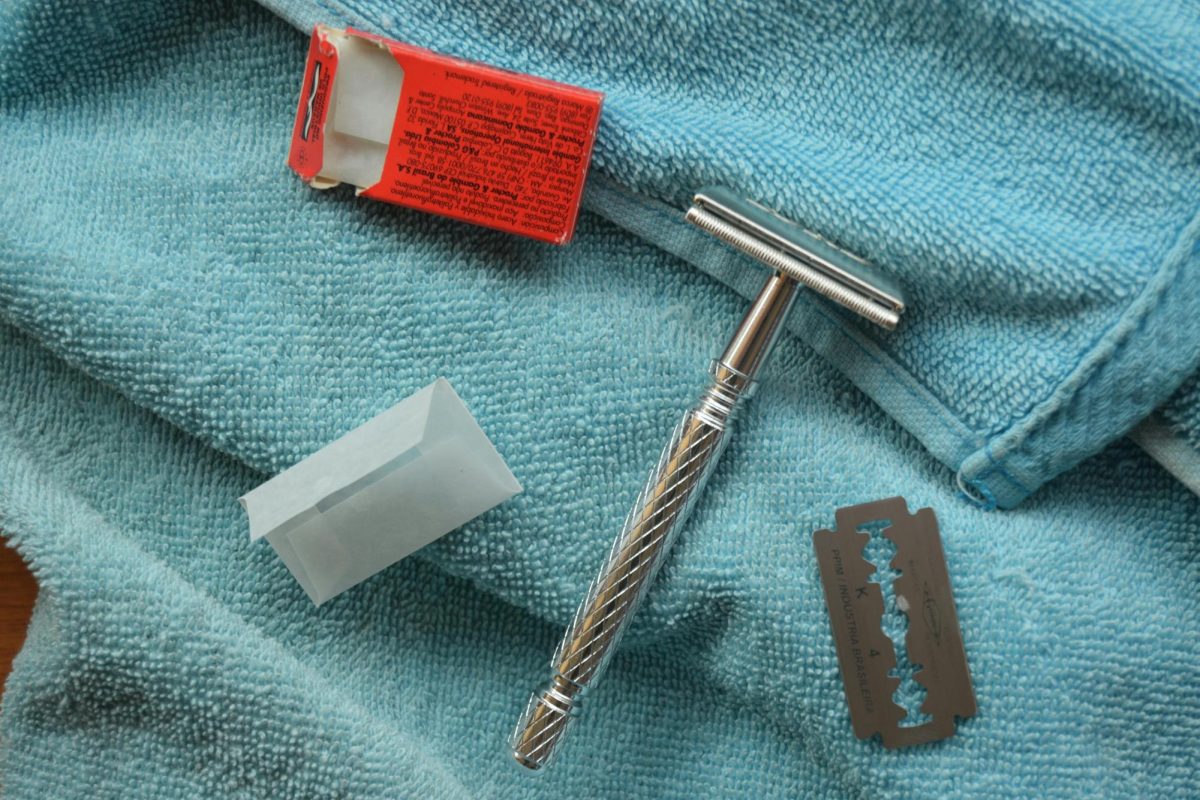In 2020, Rowan University updated its “Roadmap To A Sustainability Master Plan.” but it’s been four years, where are we now?
Have you ever wondered what all that steam is on campus, and why it’s only in certain places? It comes out of the walls and out of the ground, but what is it? It’s actually a part of an environmentally unfriendly HVAC system that boils hot water, and it’s slowly being phased out.
In a Carbon Neutrality Action Plan originally released by the University in 2009, Rowan listed year-by-year the steps they were taking towards achieving carbon neutrality. Among these goals were HVAC systems.
Currently, Rowan University’s older buildings use the boiler system for water heating. The goal was that by 2015, all new buildings on campus were required to use a geothermal HVAC system. As outlined in the Action Plan (2009), the University aims to have geothermal HVAC for all buildings on campus by 2029.
But is this goal achievable, and is the university still making progress? Brenna Packer, a junior civil engineering major, says she didn’t know that’s what the steam was for.
“It sounds like a stretch. I mean that’s like five years,” Packer said when talking about switching over old buildings to Rowan’s new geothermal HVAC system.
Junior Electrical Engineering major, Scottt Kubic, gave insight on how long typical geothermals take to install.
“Geothermals are a fairly labor intensive process so I dont think it’s unlikely or unattainable…” said Kubic. “But we’re probably looking at 3-5 years if they started today to get that system installed.”
Kubic explained that to his understanding, in order to install geothermal lines, you’d have to dig a really big hole and run lines through the ground; which means more on-campus projects and blocked off walkways. The only thing is, no one has noticed any “giant hole” digging recently, aside from building expansions. So, is Rowan still working toward this goal?
“They’re kind of running out of time to hit that 2029 goal,” Kubic said, knowing how geothermal lines work.
Along with the Henry M. Rowan College of Engineering, The School of Earth & Environment has also been a huge part in taking these steps.
Dr. Jordan Howell is now a business professor, but was formerly the director of the environmental and sustainability studies program at Rowan.
“The university has not really made any intentional steps towards carbon neutrality…” Dr. Howell said. “Some of the stuff might have happened on its own by virtue of changes in technology etc. but I’m not aware of any real efforts with regard to sustainability.”
Dr. Howell did mention however that he is leading Rowan’s first sustainability impact report that is anticipated to be released sometime this year. It is hoped that this report will spark further interest in prolonged sustainability and continue some of the efforts made by the Sustainability Master Plan and the Carbon Neutrality Action Plan.
While these documents have lay dormant for some time, and though the Rowan community may not see the 2029 geothermal goals implemented, Rowan University groups like Rowan Environmental Action League (REAL) and students studying sustainability appear to remain committed to doing their part in helping the planet. However, the steam seems to be sticking around for now.

